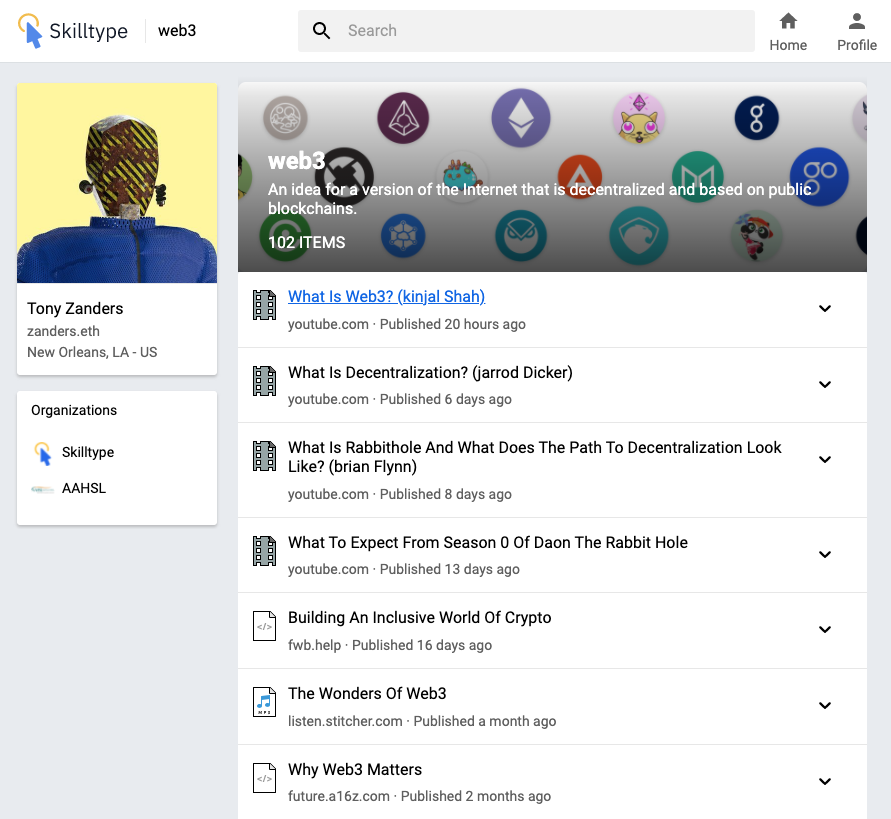
This decade, for the first time in history, talent management will replace resource management as the primary strategic focus for libraries.
Libraries no longer have the luxury of outsourcing talent management to HR departments.
Strategic initiatives in collections, space, services, etc are susceptible to failure and funding insecurity without having the right talent to manage it.
Patrons and researchers will resort to third-party tools and services in search of content and resources unless the library has the talent to engage with them on their terms.
Vendors, publishers, and service providers will win negotiations in the short and long-term against libraries without the talent to navigate an increasingly complex commercial landscape on behalf of the parent institution.
Staff retention and organizational culture will erode without the talent to navigate the imminent, multi-faceted demographic shifts facing libraries.
Funding and advancement dollars will go to research, facilities, athletics, and other areas without the talent to communicate the library’s impact on modern culture and society.
Each library needs a sustainable talent development strategy that is tailored to their local context, aligning training and recruitment dollars to strategic directions with measurable outcomes.
As collections continue inching towards ubiquity, there are only a few areas where a library can differentiate itself as unique. Of these, talent management is the one most in the library’s control.




